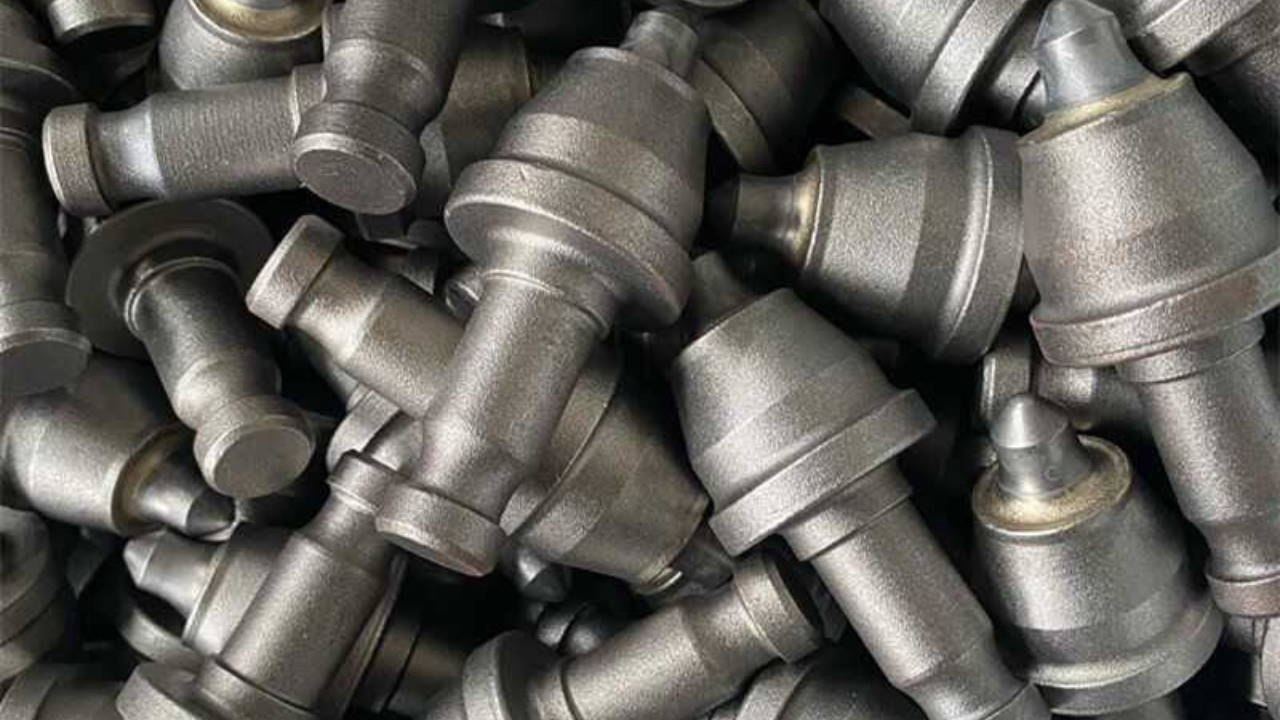Road milling stands as a vital operational procedure for maintaining and restoring roadway surfaces. The procedure begins with removing existing asphalt or concrete layers that need replacement before starting new paving operations. The road milling teeth represent an essential component in this process because they provide both efficiency and precision during operations. The construction tools demonstrate exceptional durability against heavy usage requirements to perform best in road maintenance operations.
Importance of Road Milling Bits
Successful removal of asphalt and concrete surfaces depends on road milling bits as their fundamental component. Road milling bits connect to milling machine drums through attachment points that enable precise material cutting and removal during rotation. The milling operation becomes less precise and inefficient when these bits are missing, which results in uneven surfaces that endanger the structural stability of the new road pavement. Road milling bits determine the overall quality standards achieved in road maintenance and construction activities.
Types of Road Milling Bits
Multiple milling bits exist which serve specific needs in asphalt and concrete milling operations. The widespread use of Tungsten carbide-tipped bits occurs because they maintain durability while cutting through hard materials. Steel body bits serve the industry because they deliver both strength and extended operational life. The choice of milling bits for a project depends on two main factors: material hardness and required cutting depth. The correct choice of equipment components leads to peak operational efficiency and minimizes machine deterioration.
Functionality in Asphalt and Concrete Milling
Road milling bits function as the key performance factor during asphalt and concrete milling operations. The bits used in asphalt milling enable old pavement layer removal to provide resurfacing services that prevent full road reconstruction. The road maintenance process through milling extends both road surface quality and overall roadway durability. The grinding process of concrete surfaces depends on the bits to achieve the necessary surface reduction for leveling and resurfacing operations. The performance quality of these bits directly influences how fast and precise material removal operations are completed, thus making them essential for road maintenance work.
Factors Affecting Milling Bit Performance
Road milling bits function best when they have proper material composition and excellent wear resistance properties at optimal cutting speeds. Tungsten carbide bits produce high-quality materials that maintain their durability so they can slice through dense materials without needing regular replacement. The durability of milling bits depends on their wear resistance, which leads to decreased maintenance expenses and operational downtime. The speed at which the milling machine cuts material directly affects its productivity performance. The lifespan of milling operations remains consistent when maintenance teams properly maintain their equipment and promptly change worn-out bits.
Advancements in Milling Bit Technology
Modern technological progress resulted in the creation of milling bits that operate more efficiently and have greater durability. Manufacturing advancements have strengthened the strength properties of these bits so they can function under harsh environments. Better cutting efficiency and longer service life result from recent bit design innovations, which include advanced tip geometry and enhanced heat resistance capabilities. The modern milling bit advancements enable contractors to finish their work more quickly and minimize operational expenses that stem from regular bit replacement needs.
Conclusion
The process of asphalt and concrete milling depends heavily on road milling bits because they provide efficient surface removal capabilities and preparation functions. The design, together with the material composition and durability of road milling bits, directly affects the quality of road construction and maintenance operations. Milling bit technology developments enable the industry to achieve increased operational efficiency, decreased expenses, and better road surface conditions. High-quality milling bits provide both peak operational results and extended service life for successful road rehabilitation work.


